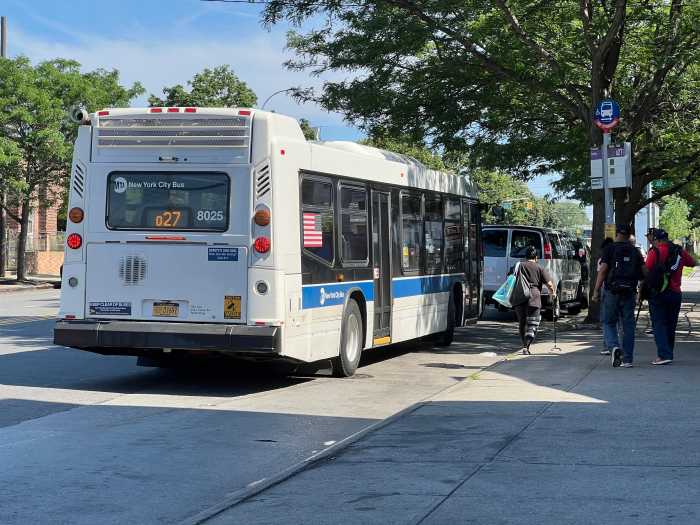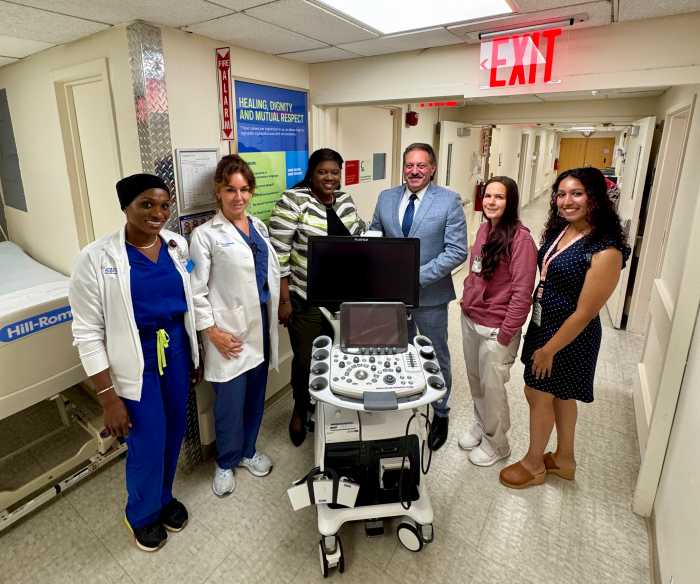By Alex Robinson
Jacqueline Murekatete experienced firsthand the ways in which women have been both victims and perpetrators in what is often regarded as the world’s most heinous crime: genocide.
The Rwandan genocide survivor attended a Women’s History Month conference at Queens College Monday to speak about how gender-based violence was used as a tool by the perpetrators who committed the crimes.
“I am haunted by the memories of how I used to see Tutsi men, women and children being murdered,” she said. “I used to see women being dragged to their death as they tried to find secure places for their children.”
Murekatete was only 9 when she lost her parents, her siblings and most of her extended family in the 100 days of violence that ravaged Rwanda in 1994.
An estimated 800,000 people who belonged to the minority Tutsi tribe as well as some Hutus were slaughtered by the Hutu majority in the period of bloodshed.
Murekatete was granted asylum in the United States in 1995 and was raised by her uncle. She is now an internationally recognized human rights activist who writes and speaks on the topic of genocide worldwide.
“The sexual violence which took place in the genocide not only targeted women, but also girls. Girls as young as 5 and 6 were subjected to rape and mutilation,” she told the conference.
Between 250,000 and 500,000 women and girls were raped during the genocide and 67 percent of them contracted HIV and AIDS, Murekatete said.
“It is important to note the rape during the genocide was not a random act, but that it was an official weapon,” she said.
Women were not just the victims of these crimes, but also perpetrators, as many Hutu women incited and encouraged rape and violence against Tutsis, Murekatete said. She cited the example of Pauline Nyiramasuhuko, a former Rwandan government minister who was convicted in 2011 by an international court of genocide and incitement to rape.
Wendy Lower, another panelist and chairwoman of history at Claremont McKenna College in California, spoke about women’s involvement in the World War II Holocaust and the omission of their role in crimes committed in many historical accounts.
“The consensus in Holocaust and genocide studies is that the systems that make mass murder possible would not function without the broad participation of society,” Lower said. “And yet nearly all histories of the Holocaust leave out half of those who populated that society as if women’s history happened somewhere else. It is an illogical approach and a puzzling omission.”
Other panelists at the conference spoke about other examples of strategic campaigns of violence against women, and sometimes by women, in genocides that occurred in Guatemala, Bosnia and Armenia.
Despite her native country’s morbid history, Murekatete is optimistic about the future of Rwandan women as the government put measures in place to ensure female voices would be heard in the country’s rebuilding process, she said.
“Women will be able to participate in the post-genocide rebuilding efforts, which I think is incredibly important,” she said.
Reach reporter Alex Robinson by e-mail at arobinson@cnglocal.com or by phone at 718-260-4566.





































